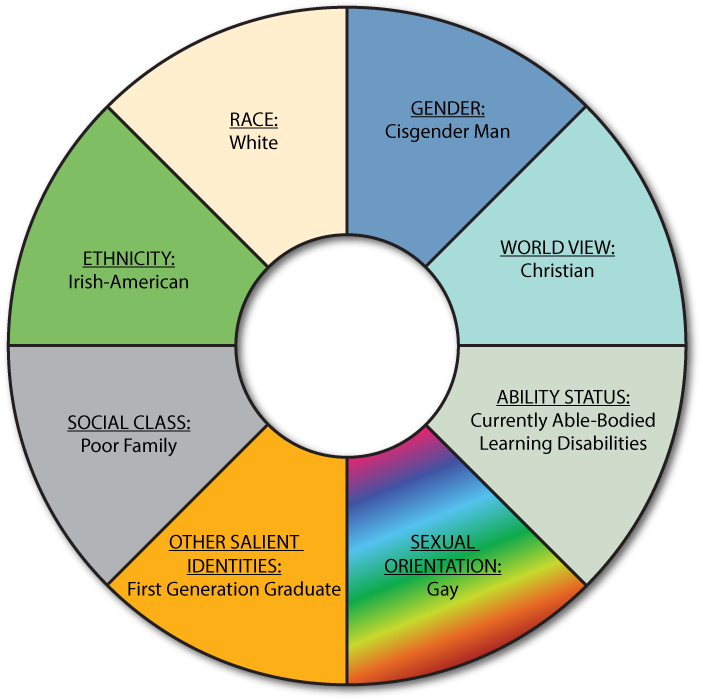

They will identify opportunities to better integrate an intersectional lens into various aspects of equity-oriented public health activity. The presenters will discuss their understanding of intersectionality and how it can be applied in public health practice, policy and research focused on the social determinants of health and health equity. This will be of particular interest for those seeking to influence the structural determinants of health/causes-of-the-causes. This webinar will introduce participants to the concept of intersectionality and discuss opportunities to incorporate intersectionality into the theory, design, analysis, and interpretation of public health actions to improve health equity. Furthermore embracing intersectionality will help practitioners better identify public health problems and generate meaningful and lasting solutions. With its focus on multiple historically oppressed populations, alongside an explicit analysis and intervention on systems of power and privilege, intersectionality is a natural fit for equity-oriented public health practice and policy.Īn intersectionality-based framework fosters a deep understanding of the lived experiences of marginalized populations and explores the complexities of health inequities. Intersectionality is an approach that puts forward the idea that multiple social positions (e.g., age, culture, (dis)ability, ethnicity, indigeneity, gender, immigrant status, race, sexual orientation, social class, and religion) intersect at the level of individual experience to reflect multiple interlocking/intersecting systems of privilege and oppression at the macro, social-structural level (e.g., racism, sexism, heterosexism).

Le webinaire est également disponible en français.


 0 kommentar(er)
0 kommentar(er)
